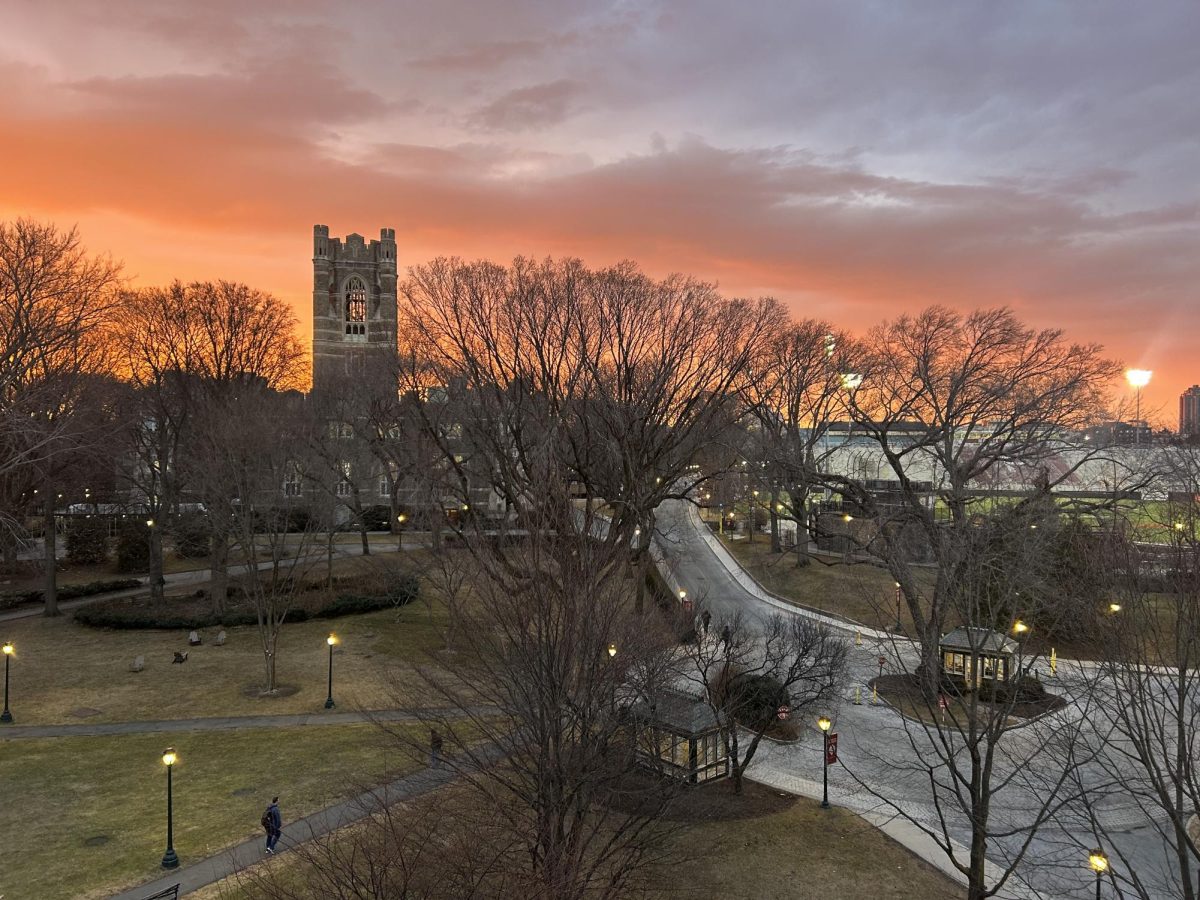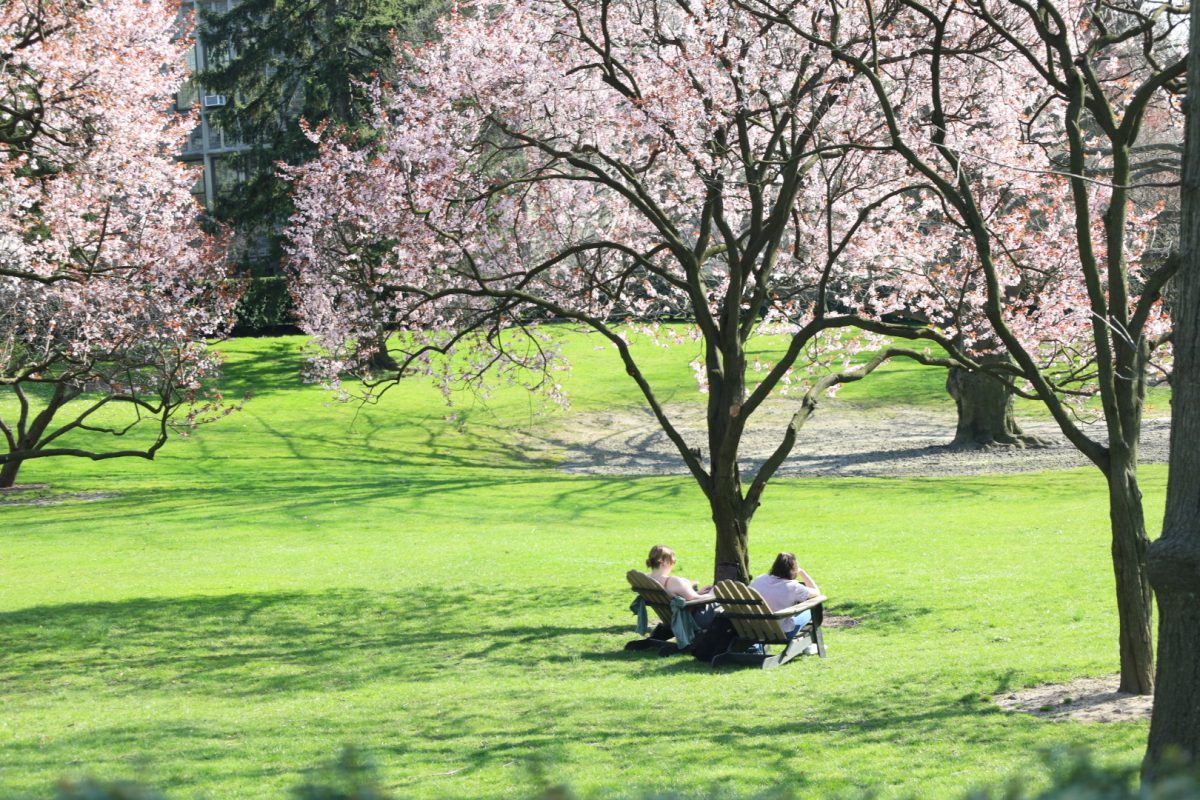By RICHARD BORDELON

In the times of Twitter, Facebook, Tumblr and the 24-hour news cycle, one cannot deny the influence of the Internet. Fueled by a population craving instant gratification and desiring to be constantly online, many institutions, including the press, have turned to the Internet. Online news outlets, such as The Huffington Post, have grown in popularity and influence throughout the past 10 years, and many people now look to these conglomerates, in addition to cable news websites, as their primary news source.
But at what cost?
Newspapers.
Newspapers in America trace their roots back to colonial times, where they were the chief sources of information throughout the 18th and 19th centuries. With the advent of television in the 20th century, some might say that the newspaper waned in its importance and influence. Many say, however, that the accessibility of the Internet and the dawn of the 24-hour news cycle is finally starting to truly erode the relevance of and emphasis on print journalism and the newspaper industry.
Furthermore, big corporations, such as Advance Publications, which run print journalism, are beginning to cut down on the production of these papers, a truly horrible consequence of the Internet age. Newsweek, one of the most widely circulated news magazines, even ceased print publication at the end of 2012. One of the most public casualties of the cut-backs of newspapers is The Times-Picayune of New Orleans, my hometown.
Now, as a journalist and New Orleanian, I take pride in my city and its newspaper. The end of daily circulation of a paper based in New Orleans creates a bad situation for many residents and citizens. It also serves as a warning that needs to be heeded by the rest of the nation. Although only about 64 percent of New Orleans residents have access to Internet in their homes, according to the Kaiser Foundation, Advance Publications, the Picayune’s New York-based parent company, still made the decision to decrease the print publication schedule to three times per week.
“The future is going to be digital,” Theodore P. Mahne, a former staff writer for The Times-Picayune, said in a phone interview. But New Orleans is “a poor city, with a large number of people who do not have Internet access and rely on newspaper to stay informed.”
Mahne echoes the sentiments of Archbishop of New Orleans Gregory Aymond, who, in an interview with 60 Minutes, said, “I am really concerned about the elderly and the poor. This puts them in a very disadvantaged position.”
“The people who loved The Times-Picayune the most are the ones not able to access it online,” Courtney Code, FCRH ’15 and New Orleans native, said. “New Orleans is such a community and to take away the news from that community from the outside is wrong.”
Mahne, who currently writes on a freelance basis for the Picayune, also brought up the role of a newspaper as a public servant. Without a printed paper, “it is far too easy for corruption [in government] to creep in. Newspapers are the key safeguards against it,” Mahne said.
Many proponents of online news claim that the Internet provides immediacy in regard to news, but, as Mahne argues, “A printed paper gives better perspective. If a reporter is just trying to update a story constantly, there is no time to digest the story.”
The printed newspaper provides this format. By presenting the news in a manner that facilitates ease of access and allows the reader to take his or her time to read a story, a newspaper contributes a valuable service to the public, which cannot be replaced by anything on the Internet, as of yet.
Furthermore, “Anyone can put up a website, but there is no authority there,” Mahne said.
A newspaper provides this authority, and although many people claim that they do not like editors telling them what is important, “[the editors] know they are providing a service,” Mahne said, and thus they facilitate the newspapers to reflect this duty.
Although the Internet is beginning its strong push against traditional print media, one must remember that newspapers, at their core, are a public institution and provide a service to a community that cannot be replaced.
Richard Bordelon, FCRH ’15, is a political science and history major from New Orleans, La.






































































































































































































